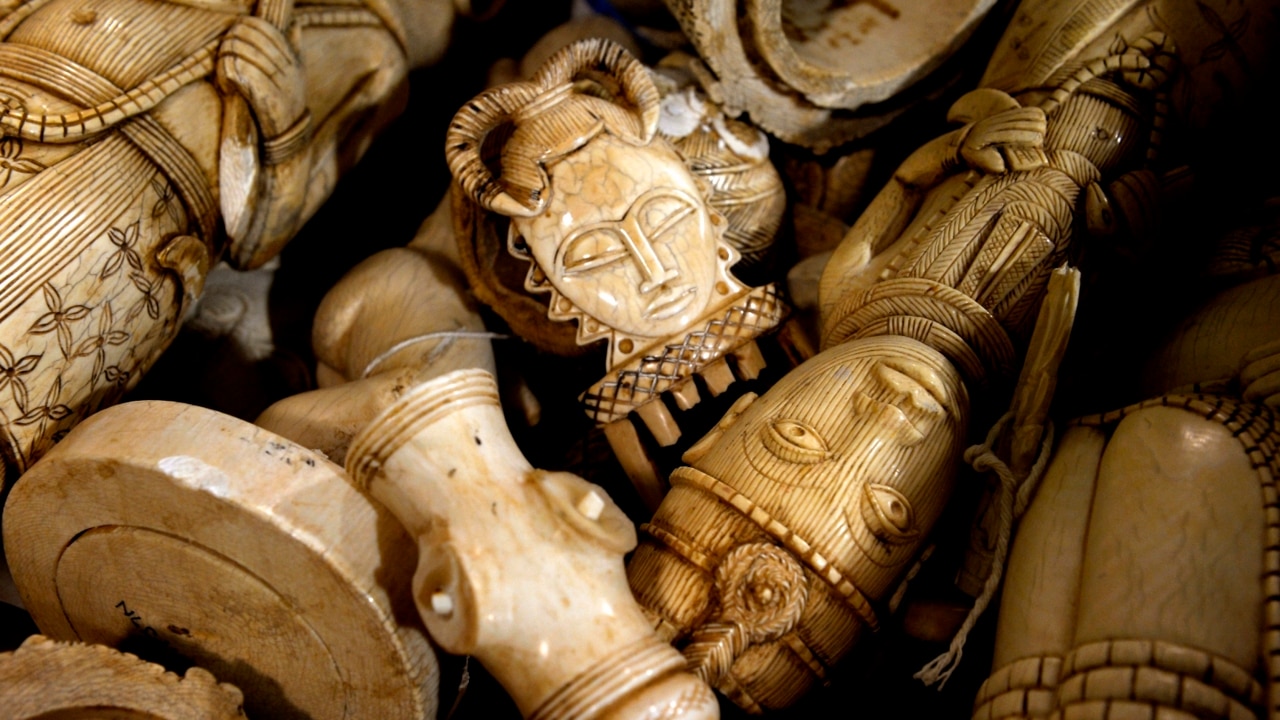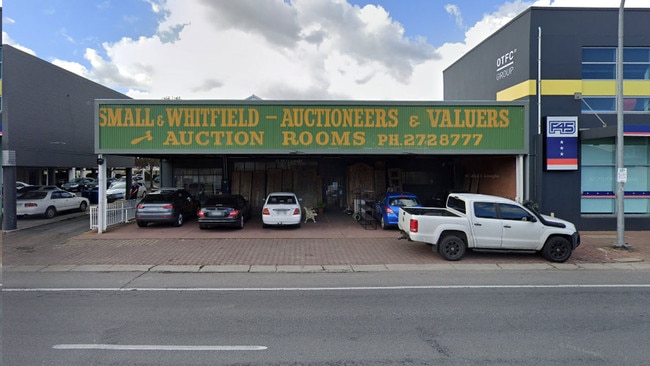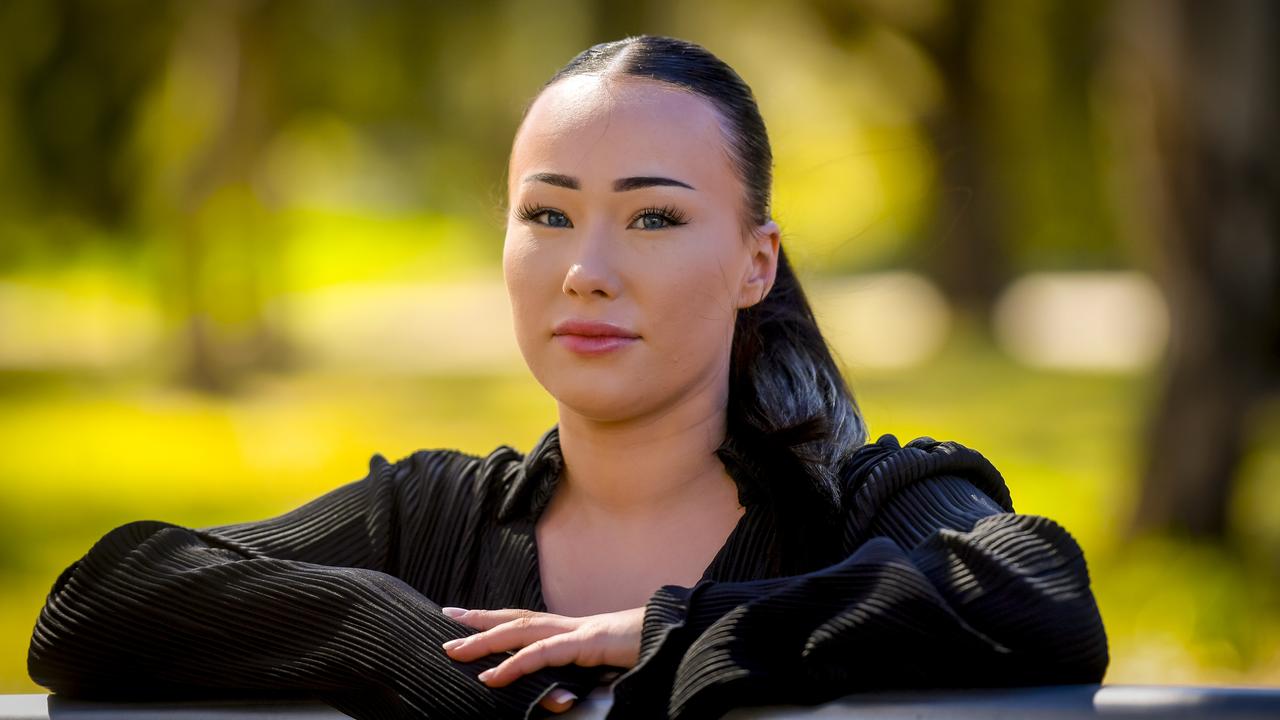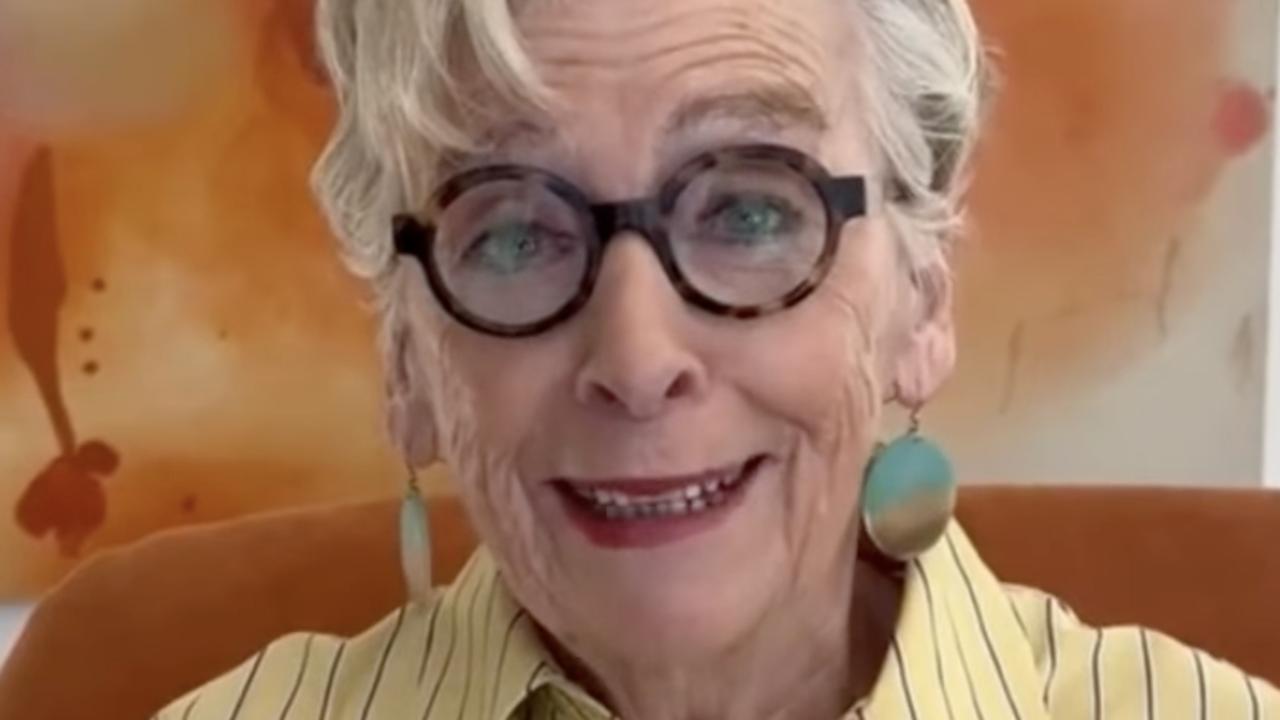Parkside auction house stops selling human skeletons amid SA Police probe
An Adelaide auction house says it will cease selling human skeletons as legal experts weigh in on the complicated rules.

SA News
Don't miss out on the headlines from SA News. Followed categories will be added to My News.
An Adelaide auction house will cease selling human skeletons amid a police investigation into the trade.
The Advertiser on Friday revealed that police had launched an investigation into Small and Whitfield Auctions in Parkside after it received a report the business may be selling skeletal remains.
A police spokesperson at the time said the inquiry was focusing on the origins of the remains and whether “any offences had been committed in respect to the possession or sale of any of the remains”.
They stated that determining the origins of the remains could be a “complex and protracted process” but the auction house was fully co-operating with investigators and to date, no offences had been identified.
A spokesperson for Small and Whitfield Auctions had told The Advertiser the business had been auctioning off skeletal remains “but they are medical skeletons, samples that have 100 per cent come from retired doctors.”
Later on Friday, the spokesperson said the auction house would stop selling medical skeletons while the police investigation is ongoing.

“We definitely will stop that for the time being,” they said.
The spokesperson said they were confident the auction house was selling the skulls legally because “they all have coating of some sort”.
It comes as legal experts weigh in on the legalities surrounding the sale of human remains.
Meanwhile, University of Adelaide law school lecturer Dr Maeghan Toews has explained the circumstances under which the sale or purchase of human remains is legal in South Australia.
Dr Toews said under the Transplantation and Anatomy Act, it was only legal to sell or buy human tissue, which included bones, with permission by the health minister; or if the tissue had been subjected to processing or treatment and the sale was made under the direction of a medical practitioner for therapeutic, medical or scientific purposes.
“If (someone) could show that they’re complying with the legislation, it would make (a) sale lawful,” she said.
Dr Toews acknowledged the legislation was “worded a bit confusingly”.
“It’s not entirely clear why medical oversight is needed - I think there’s room for some clarity there,” she said.
Dr Toews also said it was also illegal to advertise human tissue for sale, unless approved in writing by the health minister.
However, University of South Australia law professor Rick Sarre said there were some defences available under the act.
“It is not a strict liability offence because there is an honest and reasonable mistake defence,” he said.
The act states a person is not liable in criminal or civil proceedings if they acted without negligence and in good faith, such as they had an honest and reasonable belief they had consent, agreement or authority under the act.
Professor Sarre said police investigations into these matters could be lengthy because officers would need to determine whether this defence applied.
More Coverage
Originally published as Parkside auction house stops selling human skeletons amid SA Police probe





